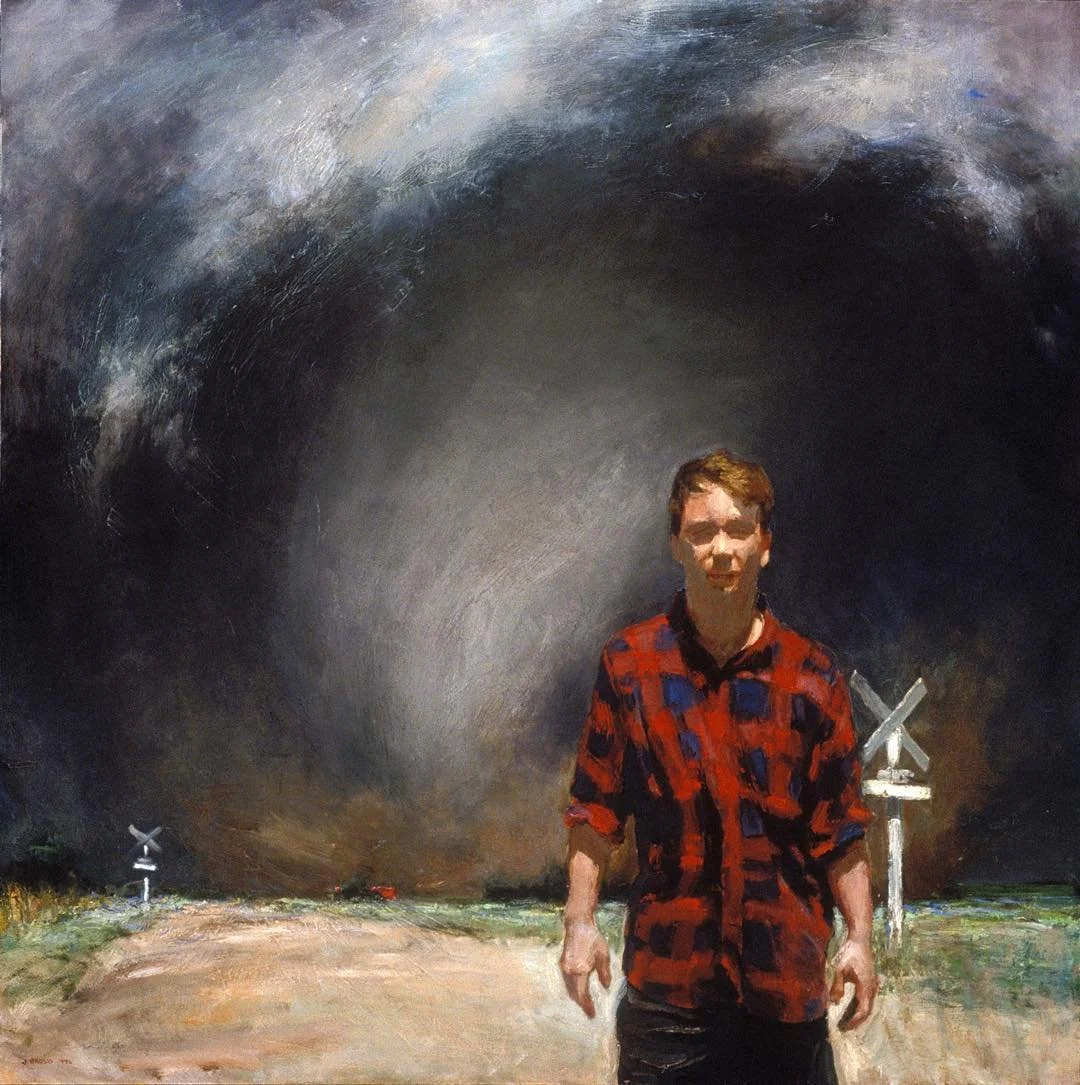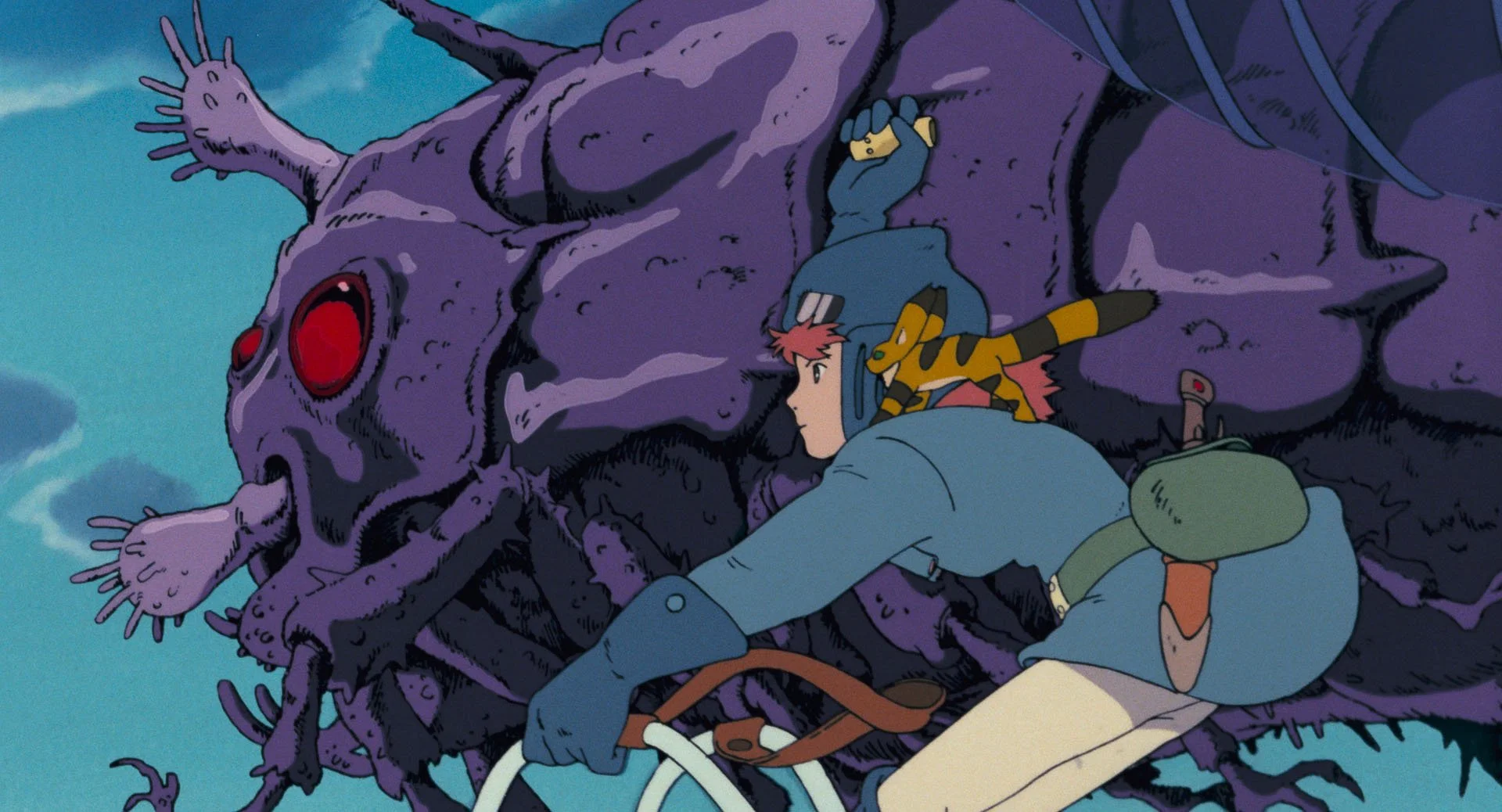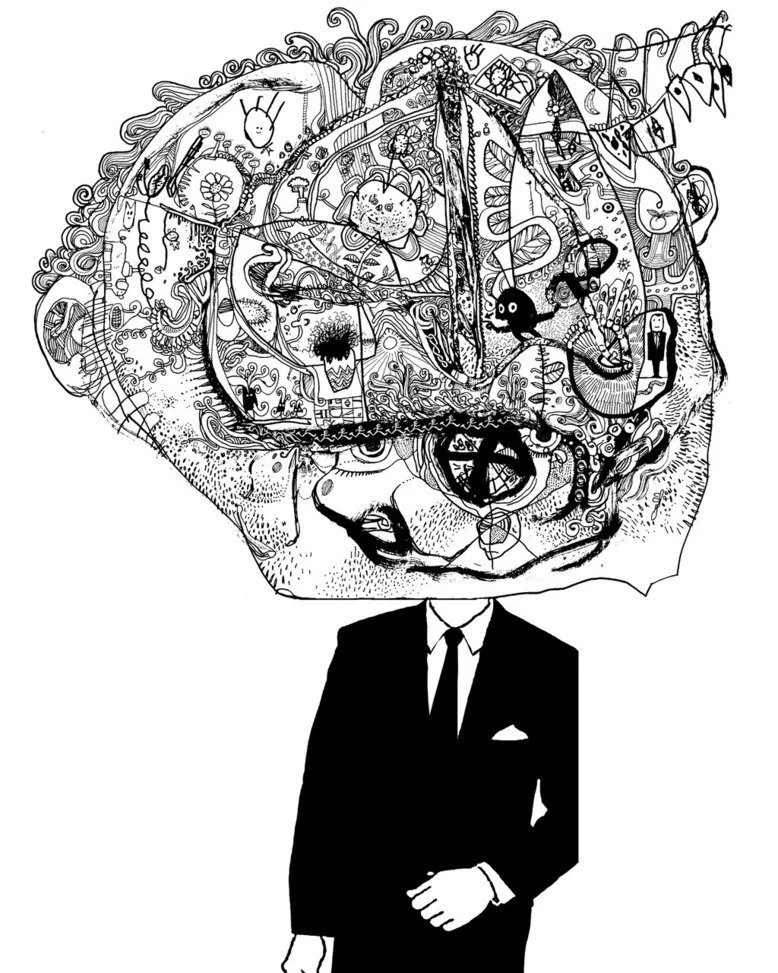The fiercest resistance from your opponent comes right before he gives up. He has nothing to lose. A desperate move is his last chance.
What's the takeaway?
You can’t afford to ease up until the end of the bout. Once, in Peru, I caught malaria because I relaxed and dropped my precautions toward the end of the trip. Brr, what a costly lesson.
What’s less obvious is that relief doesn’t come in a straight line but in waves. One moment you’re thinking: “Yes, victory is near!” and the next: “No way, it’s all pointless.”
This emotional rollercoaster—up and down—is normal. Life pulses: inhale-exhale, tension-relaxation, one-zero. Remember that, and you’ll avoid disappointment, stress, and anxiety.
The ideal strategy considers the inevitable fluctuations of any process, whether it's a short jiu-jitsu match or a long negotiation with an investor to sell a stake in your company.
Syncing with the pulse of the universe multiplies your power manyfold.
Sincerely yours,
-Alexander
About me:
As a business therapist, I help tech founders quickly solve dilemmas at the intersection of business and personality, and boost company value as a result.
How can I help you?
If you've long been trying to understand what is limiting you and/or your business and how to finally give important changes a push, then The Catalyst Session is designed specifically for you. Book it here.





















